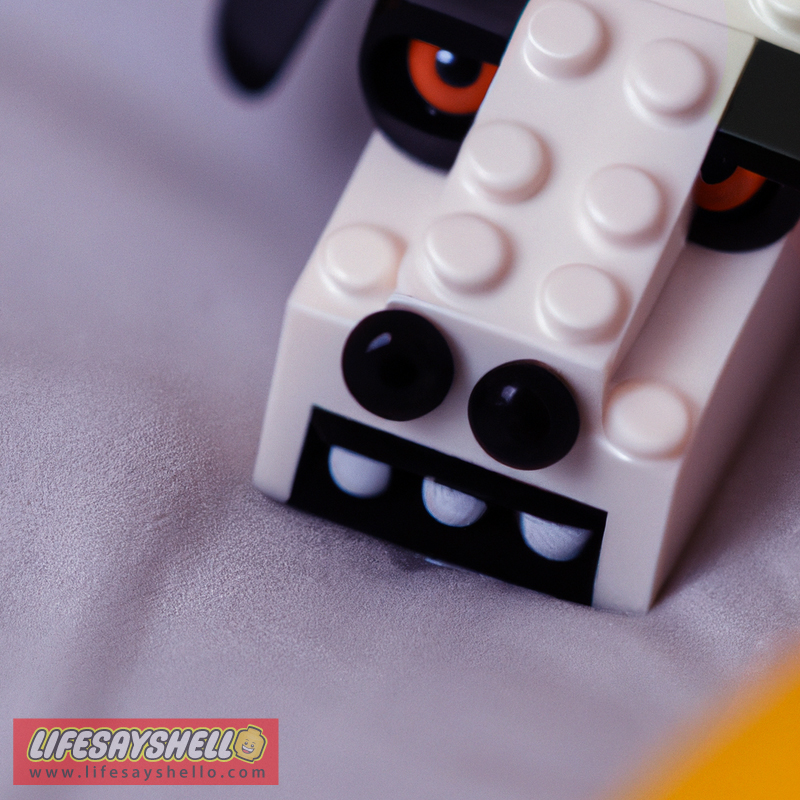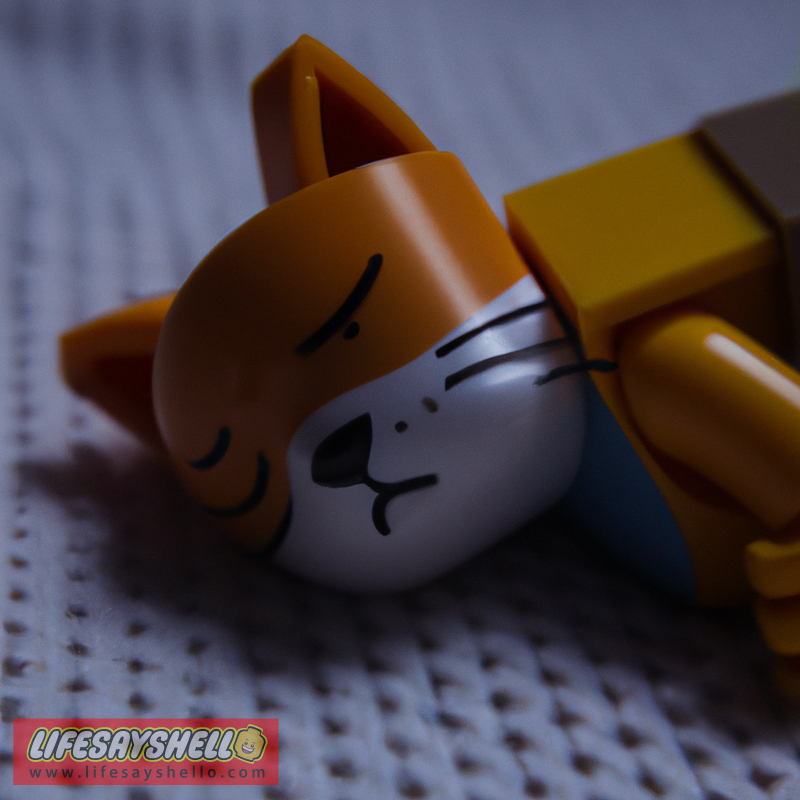Why Does My Dog Keep Digging Up Their Bed?

Have you ever walked into your living room to find your dog has completely excavated their bed, leaving a pile of fabric, stuffing, and foam on the floor? As frustrating as it is, this kind of behavior is totally normal and natural for dogs. Digging and scratching at their sleeping area is an instinctive behavior passed down from their wild ancestors.
In the wild, dogs needed to dig and arrange a comfortable nest to sleep in. The right bedding helped them regulate their temperature and watch out for predators. Modern domestic dogs retain this urge to dig and scratch, though sometimes they take it to destructive extremes. Figuring out why your pup is so intent on ruining their expensive dog bed can help you curb the behavior.
It's in Their Nature: Digging for Comfort and Warmth
Wild dogs and wolves would scratch away at the earth to create the perfect nest before settling down to sleep. They aimed to make a depression in the ground that allowed them to get comfortable and either burrow in for warmth or stay cool. This instinct still runs strong in our domestic dogs. Digging and scratching at their bed allows them to arrange the fabric or cushion just to their liking.
Dogs have a limited ability to sweat like humans do. So adding or removing insulating layers of bedding helps them regulate their temperature. A dog trying to get cool may dig at their bed to expose the cooler floor underneath. Or they may try to burrow under blankets and pillows to get warm. Lightly nested dogs also have a better vantage point to watch out for predators trying to sneak up on them.
A Natural Urge: Marking Territory with Pheromones
Another reason dogs dig at their beds is to mark it as theirs. As pack animals, dogs have a strong sense of territory and ownership over their space and belongings. Their paws contain sweat glands that release pheromones unique to each dog. By digging and scratching, they spread their scent around their bed.
These pheromones send a message to other pets that this is their space. Urine marking performs a similar territorial function for dogs. But pheromone secretions from the paws communicate information specifically about their sleeping area. Your dog may scratch at their bed whenever you wash the cover to quickly reestablish their scent.
Uncovering Buried Treasures: Digging for Hidden Toys or Treats
Does your dog like to bury toys, bones, or other treasures in their bed or blankets? Dogs often try to cache extra food or prized objects by hiding them away. Their instincts tell them to secure surplus resources to dig up later when food may be scarce.
Dogs have a superb sense of smell and memory for locations. So even when their stashes disappear into the laundry, your pet likely remembers exactly where they buried them. Digging at their bed can be your dog checking to see if a favorite toy reappears after you've washed and replaced the bedding.
Signs of Trouble: When Digging Becomes Destructive
For most dogs, light scratching and digging at beds is totally normal. But destructive, obsessive digging can be a sign of underlying issues like boredom, anxiety, or compulsion. Left unchecked, this kind of excessive behavior can harm your home as well as your dog's paws and nails.
Digging That Goes Too Far
Light nesting behavior usually involves brief scratching or scooping motions to fluff up a bed. But some dogs take the urge much further, relentlessly digging at their bed for long periods of time. Dogs that dig manically at their beds for an hour or more even after making a suitable nest likely suffer from anxiety, stress, or compulsion.
Destructive Digging Habits
Digging that ruins beds or furniture is problematic, as is digging that extends to other soft furnishings like pillows, blankets, or rugs. Dogs that dig holes in your yard or garden could also be redirecting their bed digging instincts outside. These dogs likely need more outlets for their energy.
Injuries from Digging
Excessive digging can lead to broken nails, cracked paw pads, sores on the feet, and other injuries. Dogs that compulsively dig at their beds may keep going even when it hurts their paws. Seek help from your vet if your dog's nails are cracked or paws injured from obsessive scratching at their bed.
Digging Due to Anxiety
A dog that digs at their bed due to anxiety may exhibit other stressed behaviors like panting, drooling, barking, or following you around. Separation anxiety and travel anxiety can also cause dogs to dig destructively. If your dog only digs when stressed or alone, anxiety is likely the culprit.
How to Stop Destructive Digging for Good
If your dog's digging habits have gotten destructive, there are ways to curb the behavior for good. Punishing or yelling at a dog almost never helps the situation. Instead, use the following positive reinforcement techniques recommended by vets and trainers:
Provide a Designated Digging Area
Give your dog an acceptable outlet for their scratching instincts. A sandbox or dig pit filled with soft soil or sand lets them dig to their heart's content. Bury toys for them to "find" as a reward. Place the sandbox in a quiet corner of the yard so it becomes their go-to digging spot.
Supervise and Redirect Digging
When you notice your dog digging at furniture or in the garden, interrupt the behavior with a loud noise or call their name. When they stop, praise them and immediately redirect their energy into a game of fetch or walk around the block. With time, they'll learn which digging places are off limits.
Ensure Plenty of Exercise and Playtime
Dogs often dig out of boredom and pent-up energy. Make sure your dog gets at least 30-60 minutes of activity per day based on their age and breed. Take them on walks, play tug of war, or let them run around a fenced yard. Provide puzzle feeders and chew toys when you can't directly engage them. A tired dog is less likely to dig destructively.
Use Obedience Commands
Once your dog knows basic commands like "leave it" and "drop it," use them when you catch them digging. Saying "leave it" when you see scratching motions followed by praise for stopping teaches them which behaviors are unwanted. You can also train them to go to a particular spot like a dog bed when given the "place" command as a distraction.
Address the Root Cause
Try to get to the bottom of why your dog feels compelled to dig excessively. If it's anxiety, talk to your vet about anti-anxiety medication or calming supplements. You can also hire a trainer to run through separation anxiety exercises. For older dogs, cognitive issues like dementia could be behind obsessive digging.
The Bottom Line: Redirect, Don't Punish
Digging at beds is completely normal canine behavior, but it can still damage your home. The most important thing is to never punish, yell at, or shame your dog for following their instincts. This will only make anxiety and stress worse. With patience and positive reinforcement, you can curb destructive digging and teach your dog appropriate alternatives.
Rather than fighting your dog's urge to dig, give them a designated outlet for it and plenty of exercise. Supervise them when loose in the house, and use obedience cues to distract digging. If stress or compulsion causes the behavior, address the root cause with your vet. Remember, destructive behavior stems from unmet needs, so focus on fulfilling your dog's requirements for activity and comfort. With time, even the most avid digger can learn to leave their expensive bed in peace.




Comments